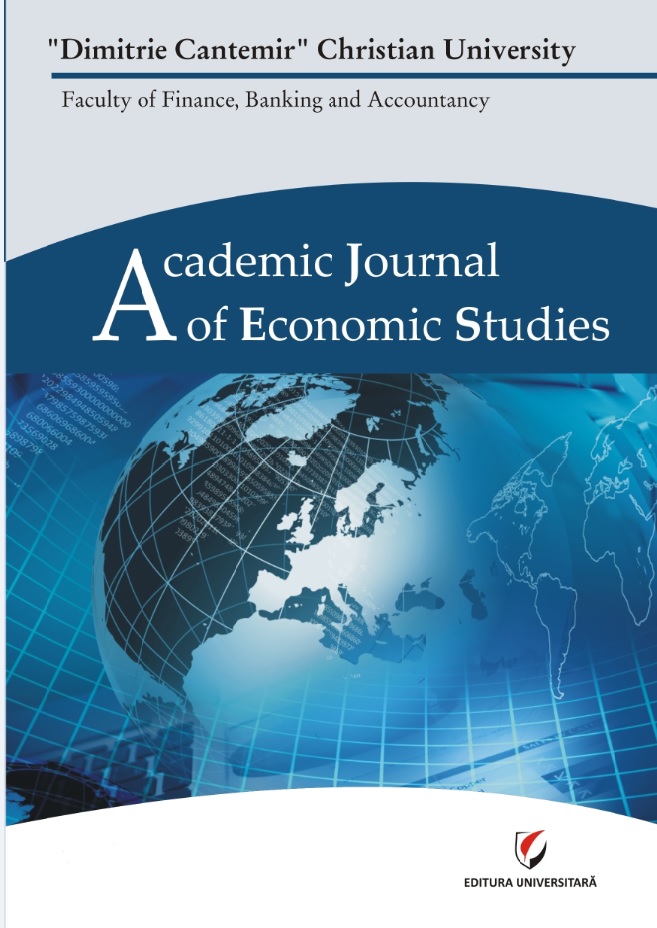Monetary Policy and Price Stability in Nigeria
Monetary Policy and Price Stability in Nigeria
Author(s): Idoko Ahmed Itodo, Seyi Saint Akadiri, Rotimi Mathew EkundayoSubject(s): Economy, National Economy, Business Economy / Management, Financial Markets, Socio-Economic Research
Published by: Editura Universitară & ADI Publication
Keywords: Monetary policy; price stability; money supply; vector autoregressive; Granger causality
Summary/Abstract: Irregular price changes, with its economic consequences of market risks and uncertainties, have been one of the most challenging problems facing the Nigerian economy. Successive financial sector reforms, which seek to enhance the role of monetary policy instruments in macroeconomic management, in view of the theoretical and empirical link between monetary policy and general price level, have been implemented with less than satisfactory results. This paper examines the monetary policy in stabilizing price level in Nigeria. We employ the Vector Autoregressive (VAR) model, with in-built differencing to take care of unit root in these time series data, to capture this relationship. From our findings, we discover that, money supply has no significant relationship with price level in Nigeria. This, we believe, may be due to the influence of the large informal financial sector which controls a very significant fraction of money in circulation. Thus, policy reforms that would curb the influence of the informal financial sector should be implemented in order to allow the central monetary authority to work better, and enhance the role of monetary management in Nigeria.
Journal: Academic Journal of Economic Studies
- Issue Year: 3/2017
- Issue No: 2
- Page Range: 68-75
- Page Count: 8
- Language: English

